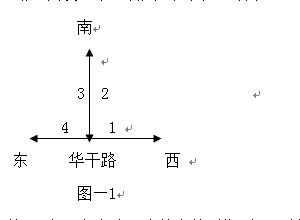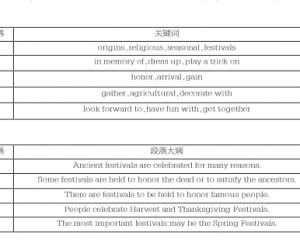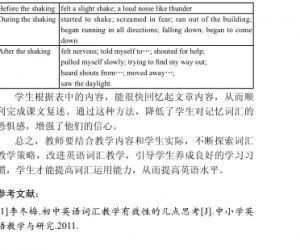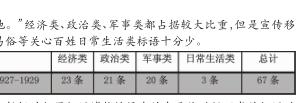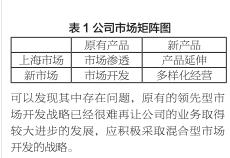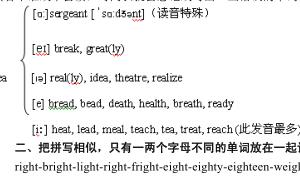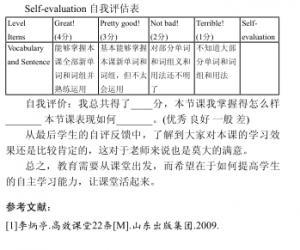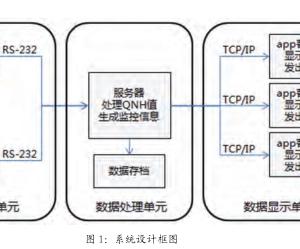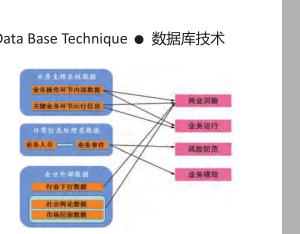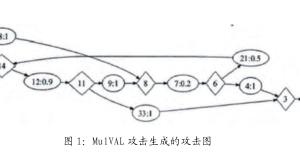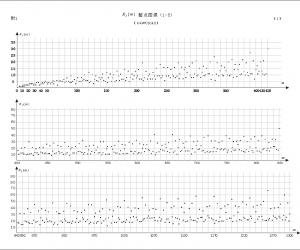The Internal Dynamics of Dramatic Monologue in Tennyson's Ulysses
收藏
打印
发给朋友
发布者:lunwenchina
热度0票 浏览165次
时间:2019年12月23日 15:15
四川电影电视学院/何慧珍
【摘要】 “戏剧独白”作为戏剧动作的一种代表形式,具有其独特的魅力,它能达到直接对话所不能达到的目的,将戏剧和推向一个新的高度,从而给予读者更为强烈的情感冲击。本文以丁尼生《尤利西斯》为研究文本,通过对诗人、话语者、读者和听众的比较分析,更好的探索戏剧独白的独特性特点,用以阐释诗人和话语者的分割对欣赏戏剧独白的重要性。
【关键词】 《尤利西斯》 戏剧独白 话语者
Ulysses is the Roman name of the Greek hero Odysseus.
Lord Alfred Tennyson reworks the figure of Ulysses by combiningthe ancient hero of Homer's Odyssey and the medieval hero ofDante's Inferno. The poet assimilates Homer's setting that Ulyssesreturns to his homeland—Ithaca and Dante's expression oflonging for knowledge. In the poem, Ulysses declares his speechwhen he has come back to Ithaca and wants to embark on his finalvoyage. Ulysses is written in 1833 and published in 1842 shortlyafter the death of his best friend Arthur Henry Hallam, therefore,it is considered as an elegy for the friend who died in 1833.
Tennyson employs the form of dramatic monologue tocompose the poem. The definition and the criterion of themonologue are not perfectly stated. M. H. Abrams defines itsthree characteristics as follows:
(1) A single person, who is patently not the poet, uttersthe speech that makes up the whole of the poem, in a specificsituation at a critical moment…. (2) This person addresses andinteracts with one or more other people; but we know of theauditors' presence, and what they say and do, only from cluesin the discourse of the single speaker. (3) The main principlecontrolling the poet's formulation o what the lyric speaker saysis to reveal to the reader, in a way that enhances its interest, thespeaker's temperament and character. (71)
Generally speaking, a dramatic monologue must have aspeaker who is not the poet, a listener or audience, an occasionand some interplay between the speaker and the listener.
When referring to dramatic monologue, people first comeup with Robert Browning's My Last Duchess which is oftenconsidered as its model. As a poet of this genre, Tennyson mightbe not as famous as Browning. In this short essay, Ulysses isanalyzed from the perspective of dramatic monologue.
First up, the essay focuses on the relationship betweenthe speaker and the poet. In Ulysses, the entire poem is spokenby a single character—Ulysses. Since the speaker of the poemis first person, there is no doubt that subjectivity is shownunintentionally. Nevertheless, the subjectivity is not shownby the poet but the speaker. The speaker is different from thespokesman of the poet—the speaker in the lyric poetry. The speakerin a dramatic monologue poem separates himself from the poet.
In Ulysses, the speaker is dramatized as the king of Ithaca whois tired with the tedious life on the island and whose yearning fornew experiences and knowledge revives and increases when hereminisces of his past adventures. In the first stanza, we can safelyget that the author is not like the speaker who is the king and rulesthe savage race. Also, from the following lines, it reveals that thespeaker is not the author himself. Both Browning and Tennysonconsider that the romantic poetry in which poets reveal themselvestoo much. What's more, Browning declares in his 1842 DramaticLyrics: “so many utterances of so many imaginary persons,not mine.” Through the stated discussion, it is safe to get theconclusion that the speaker of Ulysses is not the author Tennyson.
It is out of question that the speaker is not the poet. Besides,the speaker Ulysses and the poet Tennyson have something incommon. It is known that almost all the Tennyson's poems aredirectly or indirectly related to the death of his friend—ArthurHallam, such as In Memoriam, and Break, Break, Break, andUlysses and Crossing the Bar and so on. Not to mention thepoem is composed in the first few weeks after Tennyson learnedof the death of his friend. According to Tennyson's own note,“The poem was written soon after Arthur Hallam's death,and it gives the feeling about the need of going forward andbraving the struggle of life perhaps more simply than anything InMemoriam” (罗经国 175). What's more, “There is more aboutmyself in Ulysses , which was written under the sense of loss, andthat all had gone by, but that still life must be fought out to theend” (175). Ulysses, who symbolizes the grieving poet, declareshis resolution to push forward in spite of the awareness that“death closes all” . The poet creates the figure of Ulysses outof the feeling that he should get rid of the grief and that he hopesto renerve to brave the struggle of life. There are some emotionalcommon points between the poet and the speaker. Both Tennysonand Ulysses want to explore the untraveled world with an insistentspirit and yearn for knowledge and new life experience. Manylines reveal not only the speaker's desires and emotions but alsothe author's thirst and yearning. “I cannot rest from travel: I willdrink / Life to the lees” . These two lines convey both Ulyssesand Tennyson want to taste all the bitterness and sweetness oflife. They cannot stop travelling and struggling with life, whichshows their strong fighting spirit. The speaker holds that asthough life were to breath, even if one had several lives that arenot enough for him to travel. And the rest of his life is short andUlysses regards every hour is saved from death. It should be used





